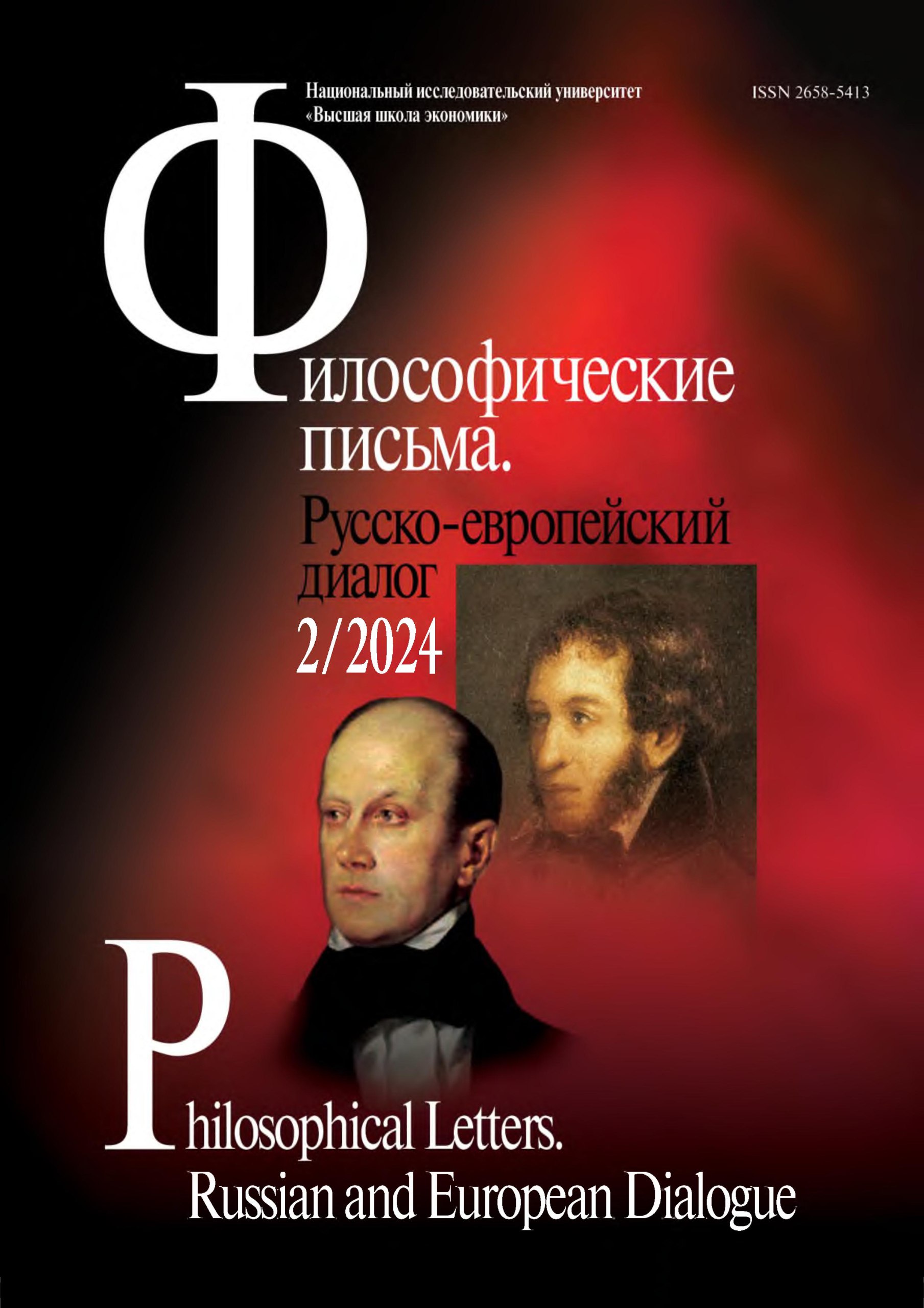Кант, или Мужество пользоваться собственным умом: К 300-летию философа
Ключевые слова:
Кант, Мендельсон, Карамзин, Пушкин, коперниканский переворот, Россия, Екатерина Дашкова, Европа, звездное небо, моральный закон, Воланд
Аннотация
В статье, написанной к кантовскому юбилею, автор рассматривает тему восприятия философии Канта в России, опираясь на слова Владимира Соловьева, что Кант не открыл для ума новых миров, но поставил самый ум на такую новую точку зрения, с которой все прежнее представилось в ином и более истинном виде. Но это поняли позднее. Пока же контакт великого философа с Россией получил неожиданный характер. Впериодпребывания русских войск в Пруссии приват-доцент Кант читал лекции русским офицерам по математике, военной архитектуре, фортификации и пиротехнике. Интересно, что лекции философа мог посещать Александр Васильевич Суворов. Последний в то время был подполковником и навещал в Кенигсбергесвоего отца В. И. Суворова, генерал-губернатора Восточной Пруссии в 1761–1762 годах. Автор останавливается также на беседе с Кантом Н. М. Карамзина, одного из первых россиян, оценивших Канта. Далее уже понятно определение пушкинского героя: «...поклонник Канта и поэт». Но отношение к Канту было неоднозначно. В начале ХХ века вдруг обнаружилось явное неприятие Канта в русской, особенно православно и в духе российского марксизма ориентированной философии. В «Философии свободы» (1911) ставший православным мыслителем бывший марксист Н. А. Бердяев грубо недвусмыслен: «Гениальный образец чисто полицейской философии дал Кант». В. И. Ленин, откровенный враг христианства и идеолог «неоязычества» (С. Н. Булгаков), в этигодыстоль же категорически требовал «отмежеваться самым решительным и беспово- ротным образом от фидеизма и от агностицизма, от философского идеализма и от софистики последователей Юма и Канта» («Материализм и эмпириокритицизм», 1909). Как известно, в 1917 году случилась революция, победила ленинская партия большевиков, так что, казалось бы, о Канте, идеологическом противнике вождя, надо было забыть. И забыли. Но в конце 1930-х годов был написан гениальный роман «Мастер и Маргарита», опубликованный много позже, после страшной войны, в 1966 году. Но все же опубликованный. И поразительно, что начинался он с разговора на Патриарших, где Воланд (дьявол) рассказывал о своей беседе с Кантом. Кант продолжал звучать в высших достижениях русской культуры.Скачивания
Данные скачивания пока не доступны.
Опубликован
2024-06-17
Как цитировать
КанторВ. К. (2024). Кант, или Мужество пользоваться собственным умом: К 300-летию философа. Философические письма. Русско-европейский диалог, 7(2), 11-37. извлечено от https://phillet.hse.ru/article/view/21797
Раздел
От редактора

